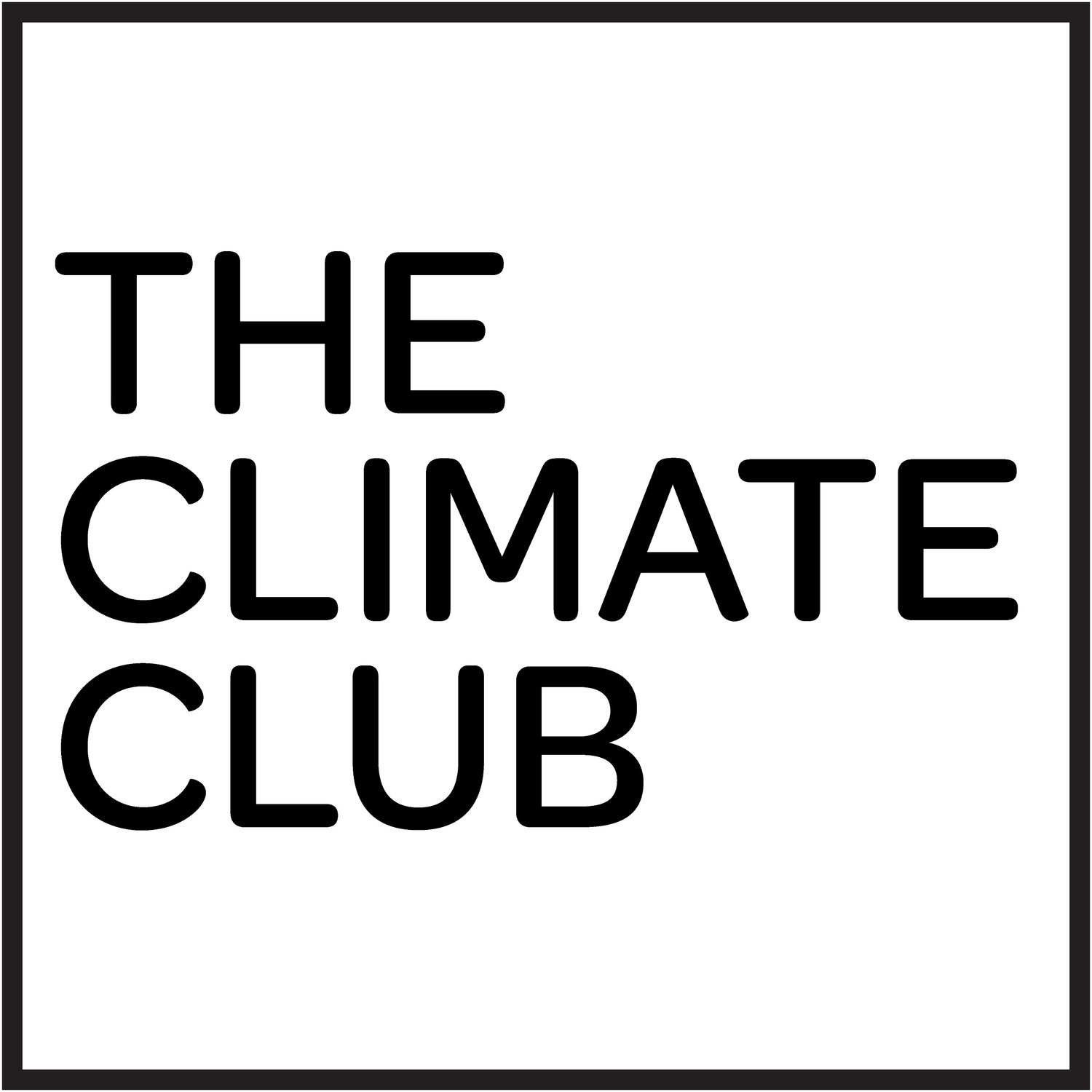How to Create a Sustainable Future: Corporate Responsibility vs. Individual Action
Eco-friendly products are everywhere now. But can they really make a difference?
Paper straws are frustrating. Like other eco-friendly alternatives, they oftentimes make us wonder if we are really even making a difference. It's hard to measure our individual impact when large corporations have continuously contributed to most of the greenhouse gas emissions in our world. How can we offset climate change enablers with our reusable Trader Joe's bags? Perhaps the devil is in the details.
Corporations cater to their consumers, but we are the consumers. While small, individual changes might not seem significant now, they can lead to a greater ripple effect that can draw the attention of large corporations. In a recent article, the author notes that “your lifestyle directly influences corporate behavior. We can continue to pressure corporations to create truly sustainable solutions by changing our own habits.” Money makes the world go round, and while it is difficult to change capitalist ideologies at an institutional level, consumers can help put their money where their mouth is for a sustainable future.
However, investing in “greener” brands and products can be a hard socio-economic change for many of us. The Harvard Business Review (HBR) conducted a consumer behavior report called the “Elusive Green Consumer,” which highlighted this exact phenomenon. The foundation of "green business" remains a frustrating conundrum. Consumers who prefer eco-friendly products do not always follow through on their purchases, as the alternative non-eco-friendly item might be an easier or cheaper buy. Closing the "intention-action gap" is critical. According to Unilever, a customer's choice of products, as well as how they use and dispose of them, accounts for more than 70% of the company's greenhouse gas footprint. According to HBR, there are five major actions that businesses can take to influence consumer behavior: use social influence, shape good habits, leverage the domino effect, decide whether to speak to the heart or the brain, and prioritize experiences over ownership.
To have a larger impact, it is time to use our individual action to create a collective force. Personal choices and corporate changes matter. Read what some of our environmental justice leaders have to say about this issue:
“The most effective action for an individual is to get involved in the larger movement and push for collective action, political and legislative change. We need to steer people away from consumer-based action, as that’s largely a distraction from systemic change. We have to look at root causes.”- Deia Schlosberg, Pale Blue Dot Media
“Individual action vs. policy change is not an either / or choice; rather it is the new all of the above. People can walk and chew gum at the same time. People don’t have to make a choice of fighting for improved legislation vs. deciding whether they should switch their own electricity use to solar power, they can do both. Or, with electric vehicles, it’s not a binary choice of buying a brand new EV that’s going to get 300 miles per charge or more or nothing. You figure out how to do the best with your options. You can, for example, get a used EV as the second family car and for the long distance trips keep the gasoline one.” – Mark Burger
Companies can implement sustainability through growth, and profitability through intentional practices in the areas of environmental stewardship, social responsibility, and economic prosperity. However, bureaucracy and business management models get in the way of enabling a social justice perspective within institutions. Whereas, on a personal level, we can embrace environmental justice and sustainable practices by considering what is financially doable in our lifestyles. This is all to say that your small acts of service towards a greener world do matter, and they will influence others.

